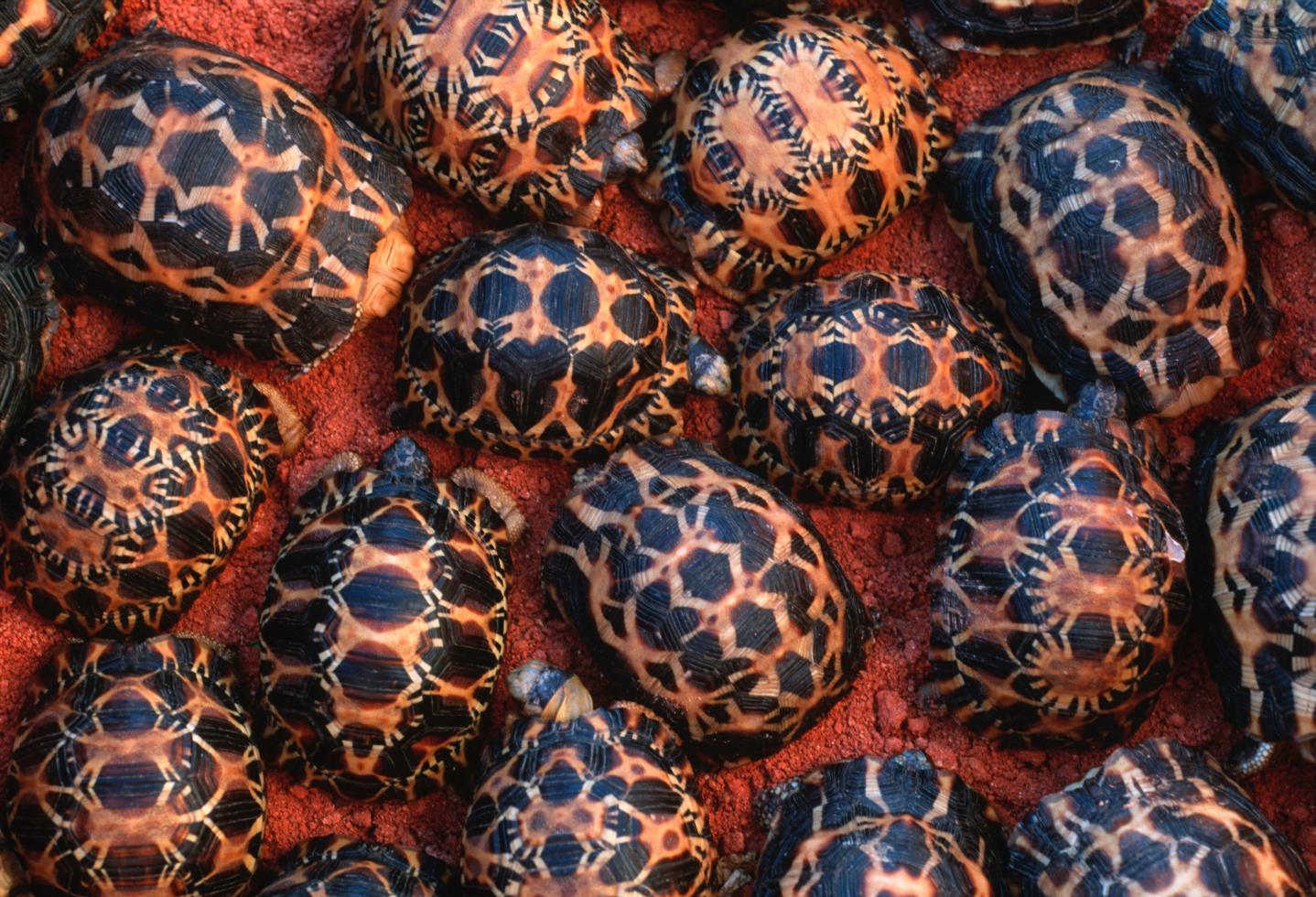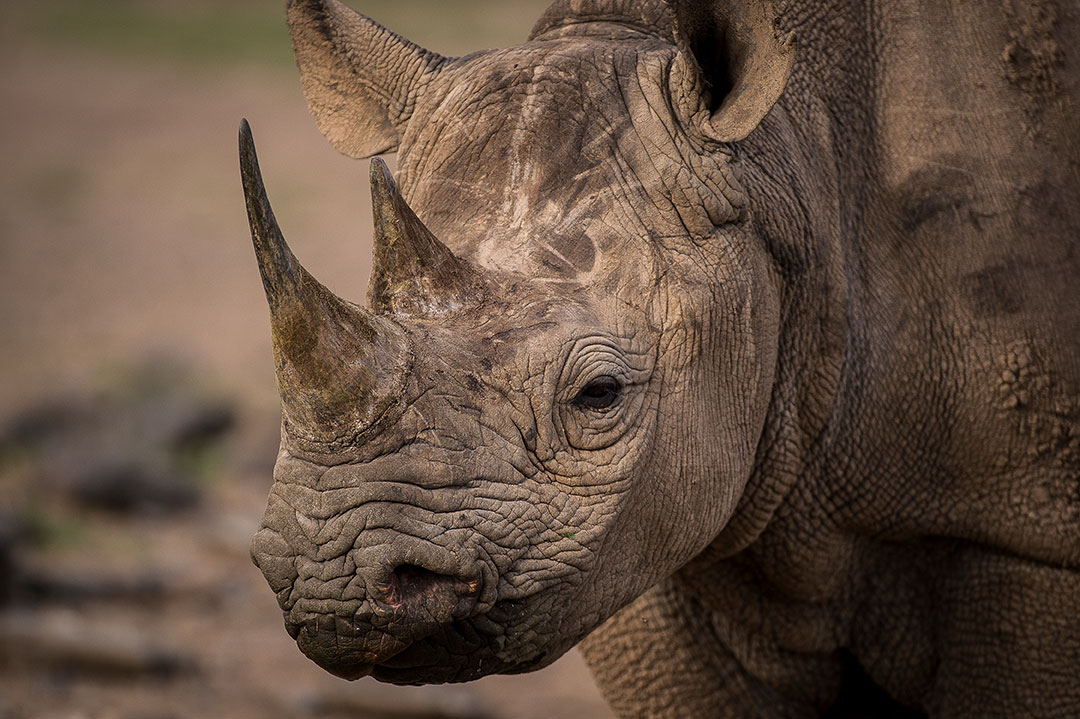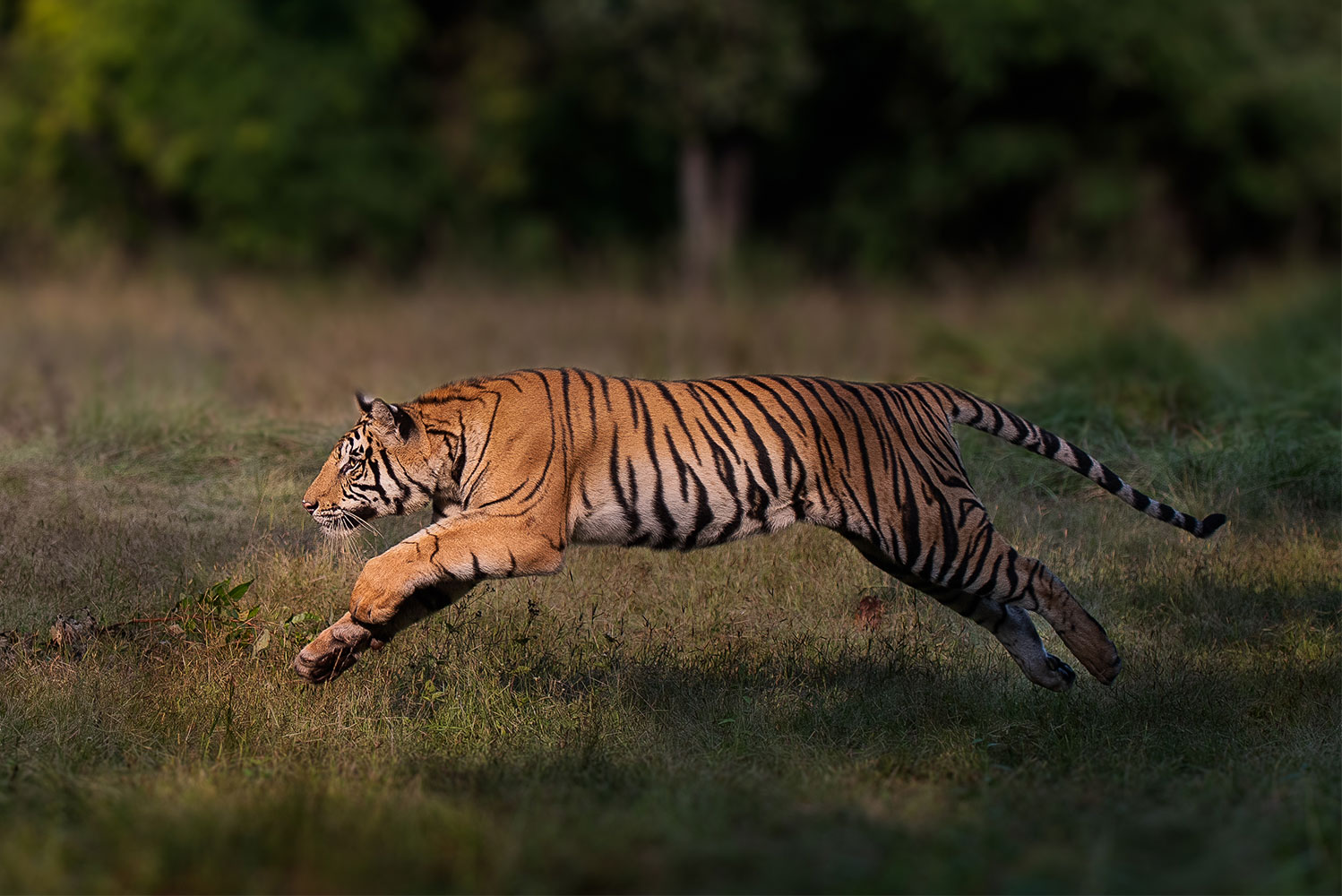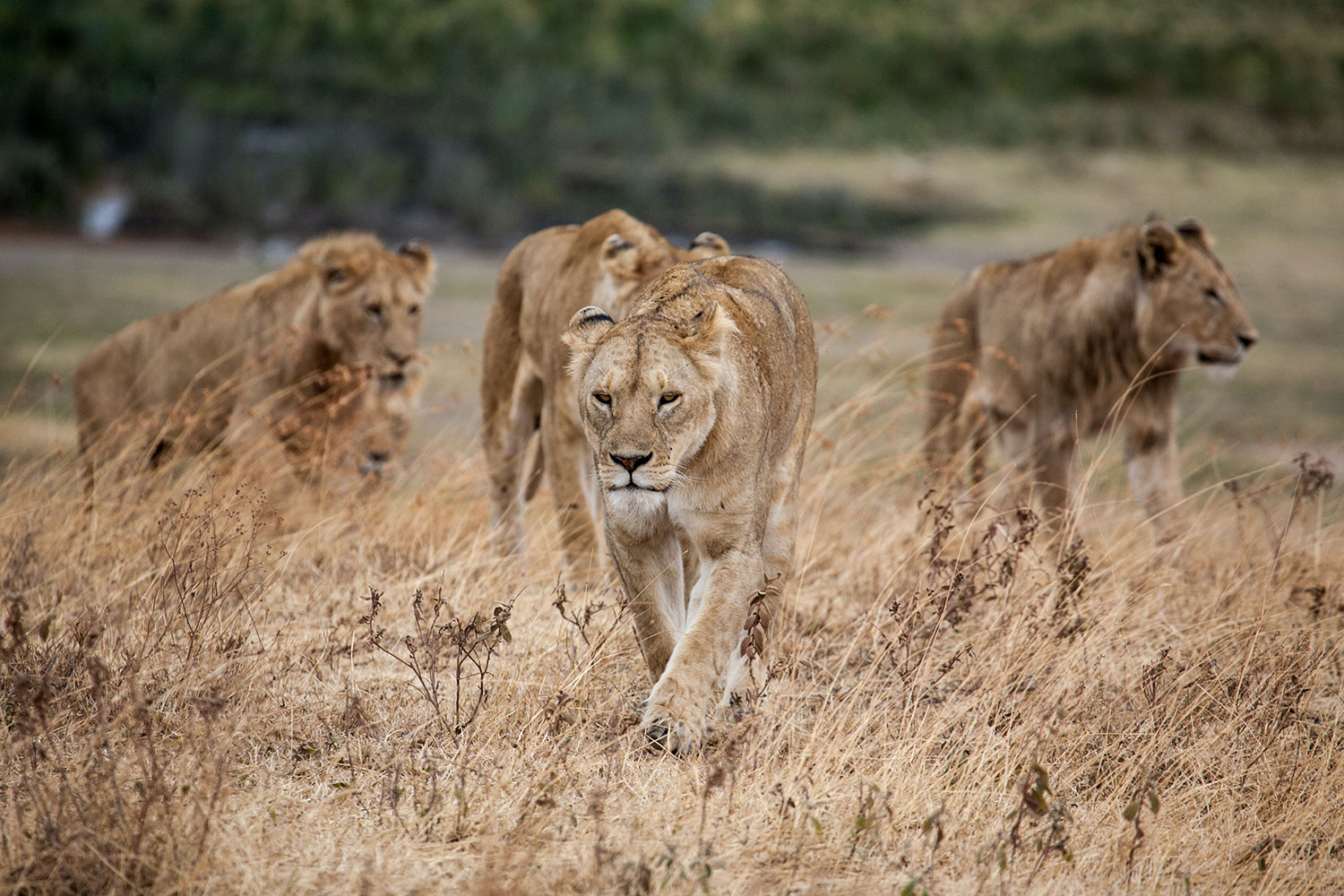Wildlife crime is one of the largest transnational criminal activities, estimated to be worth up to 23 billion USD per year1, behind other crimes such as drugs and human trafficking. It puts at risk the survival of thousands of species of animals and plants, accelerating the ongoing collapse of biodiversity.
Historically, the sale of illegal wildlife took place in shops and other physical marketplaces. However, the growth of the internet and its accessibility has allowed wildlife traffickers to move online and gain access to a vast international marketplace, open all hours, where wildlife cybercriminals exploit the anonymity afforded to them.
Wildlife traffickers also use parcel delivery services to dispatch illegal wildlife products or specimen to buyers. The increasing volume of parcel delivery as a result of the growth of e-commerce represents a challenge for those enforcing the EU Wildlife Trade Regulations, especially for Customs, as controls require significant resources and skills to detect parcels containing illegal wildlife.
By joining forces, authorities, international organisations, the business sector and NGOs can disrupt criminals and make it much harder for them to run their illegal and destructive business, such is the aim of the Wildlife Cybercrime project.
Name of the projet
Wildlife Cybercrime
Region
European Union, with an emphasis on Belgium, France, Germany and the Netherlands
Duration
02/2019 - 06/2021
Budget
Total budget : €959 065,12 / WWF-Belgique budget : €519 727,15
Partnership
TRAFFIC, The Belgian Customs, IFAW, INTERPOL, WWF-France and WWF-Hungary
financial support
This project is funded by the European Union’s Internal Security Fund — Police.
RELATED DOCUMENTS
Stop wildlife cybercrime in the EU
Tackling wildlife cybercrime in the EU - How technology can help
The control of parcels in the EU summary report
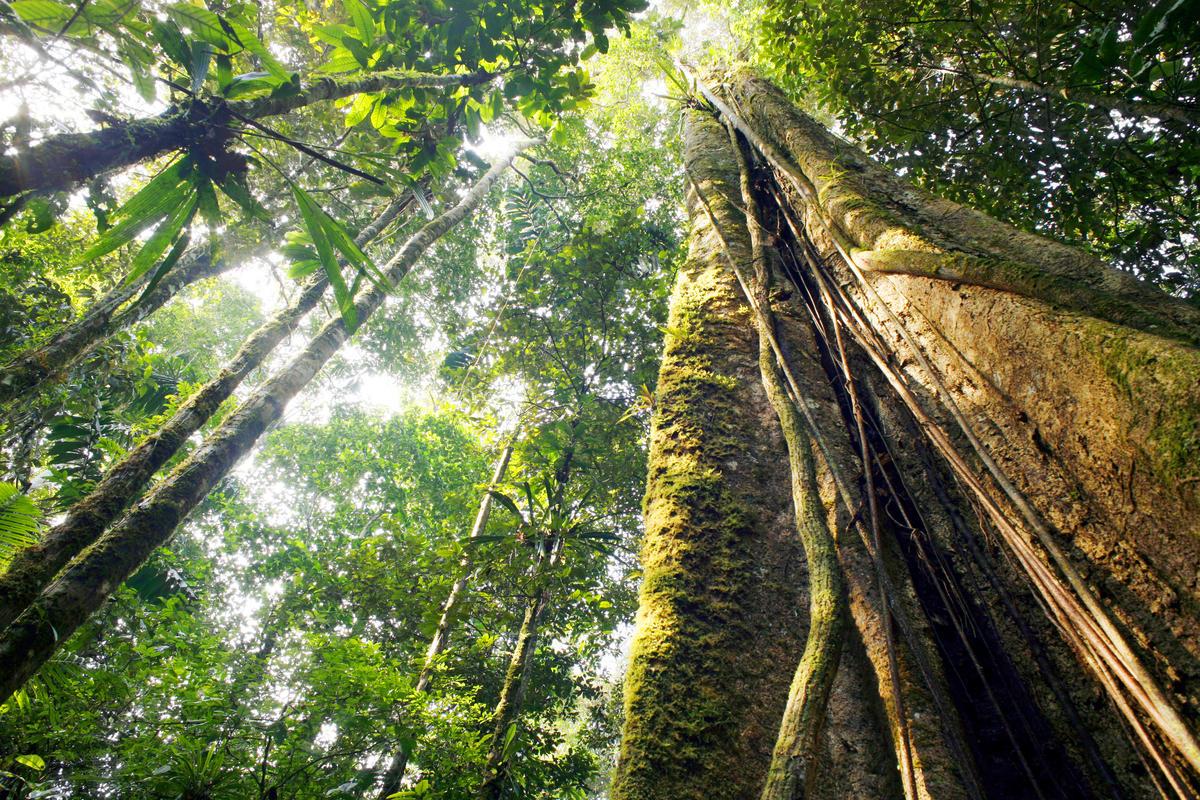
OUR objecTIVE
The project aims to disrupt and deter criminals and their networks trafficking wildlife in, or via, the EU using the internet and parcel delivery services. An increased risk of detection, the removal of fraudulent adverts and accounts, as well as an intensification of seizures, will make it increasingly difficult for wildlife criminals to operate.
The four pillars of our project
WWF, IFAW, INTERPOL and the Belgian Customs have joined forces to advance actions at four levels, with technical support from TRAFFIC on a grant-free basis. The project outcomes will benefit all EU Member States, with an emphasis on Belgium, France, Germany and the Netherlands.
1. Research and analysis
It is critical to understand how wildlife traffickers operate in order to hamper their business. The project team will strengthen their understanding of how wildlife criminals utilize and exploit the internet and parcel delivery services in Europe, drawing up recommendations, and thereby facilitating and fostering actions by law enforcement and the private sector.
2. Tools and training
Wildlife enforcement staff across EU Member States need to expand their set of skills and methods in order to detect wildlife trafficking online. Through this project, enforcement staff will benefit from tailored tools and training on best practice approaches to tackle wildlife cybercrime.
3. Investigations and operations
INTERPOL will facilitate and support intelligence-led investigations and operations addressing wildlife trafficking in, and via, the EU. The training provided through this project will enable EU authorities to undertake targeted online wildlife trade investigations and joint operations, hopefully resulting in an increase of seizures and prosecutions.
4. Building partnerships
Wildlife law enforcement in isolation cannot stop wildlife crime on the internet and transiting via parcel delivery services. The project team will engage online technology companies and parcel delivery companies in the EU to prevent traffickers from exploiting their services. This work builds on ongoing global efforts to bring companies together with conservation experts to find new solutions, such as the Coalition to End Wildlife Trafficking Online2 and the ROUTES partnership3.
The content of this webpage represents the views of the author only and is his/her sole responsibility. The European Commission does not accept any responsibility for use that may be made of the information it contains.

(1) Transnational Crime and the Developing World, Global Financial Integrity, 2017
(2) The Coalition to End Wildlife Trafficking Online unites online technology companies across continents in partnership with WWF, TRAFFIC and IFAW to reduce wildlife trafficking online.
(3) ROUTES stands for Reducing Opportunities for Unlawful Transport of Endangered Species. This partnership brings together transport and logistics companies, government agencies, development groups, law enforcement, conservation organizations, and donors to disrupt wildlife trafficking by reducing the use of legal transportation supply chains.
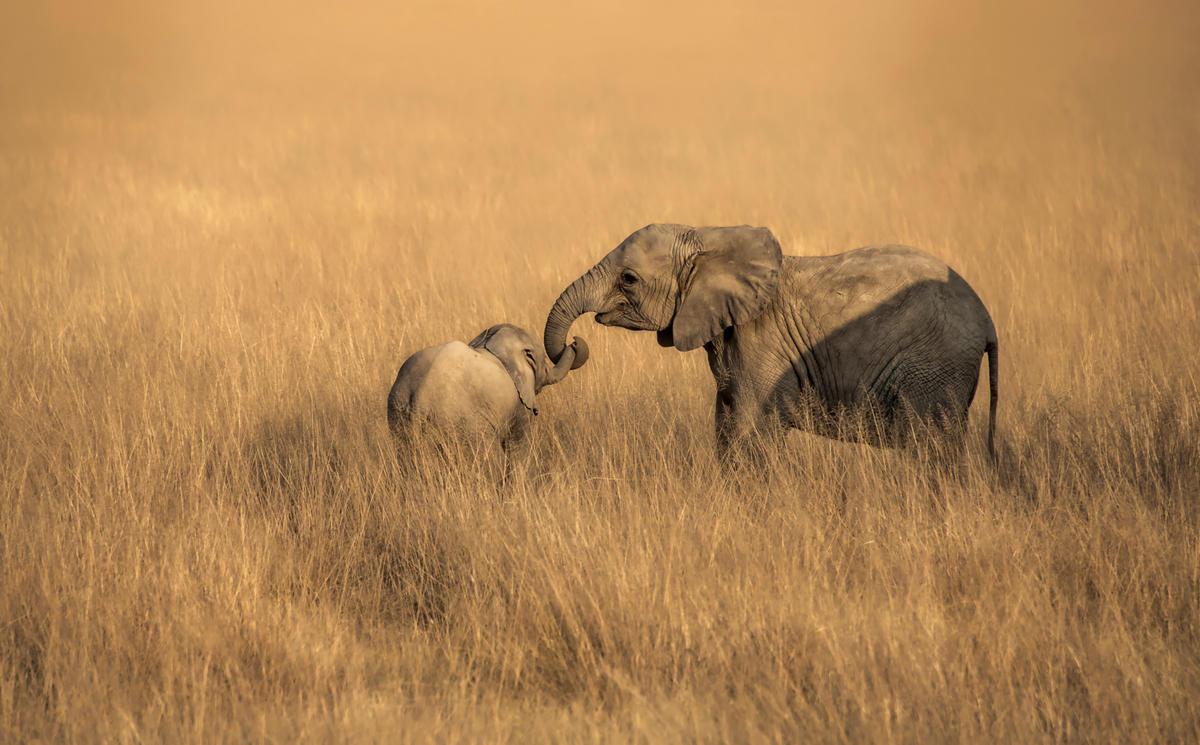
Europe is a transit hub and market for international wildlife smuggling networks – disrupting wildlife criminals operating within the EU is an urgent conservation priority
